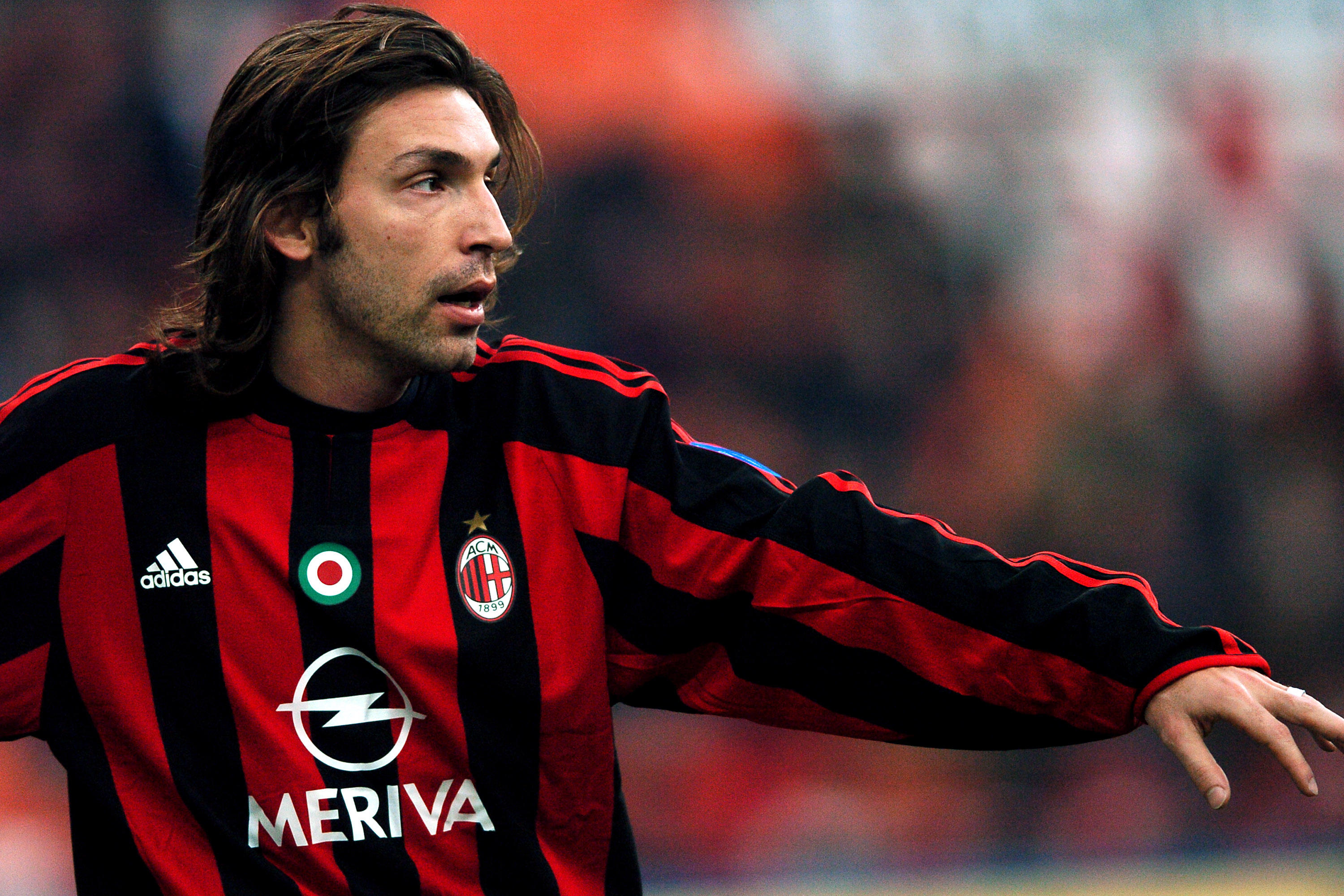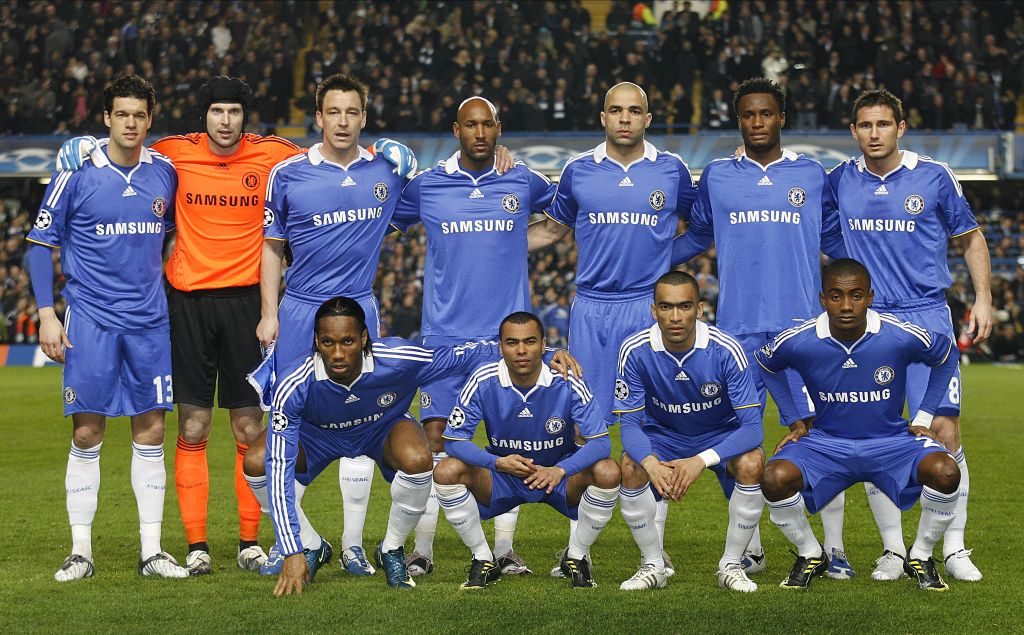The Regista: football tactics explained
Here's your tactical explainer on the regista, and what it means in the world of football
The regista. Every coach worth their salt these days knows just how important defensive midfielders are.
Whether coaching an amateur side or simply putting together a flawless tactical system on Football Manager, imposing a deeper midfielder can provide the heartbeat of a team. It’s a position that deserves respect. Just look at how important Rodri has been for Pep Guardiola’s treble-winning Manchester City side in the last few years.
But defensive midfielders are (can represent) very much a broad spectrum. Well, with FourFourTwo's expert help, let's break down the regista – a football term that's been around for decades and still has relevance in 2025.

I'm Jack, I've watched football through a tactical lens for over a decade, analysing trends not only at the top of the game, but also how strategies and approaches can be used at amateur level.
I’m also an FA-level 2 qualified coach and have written extensively on tactical analysis for various publications. A lot of my spare time is spent training, playing the game, or settling down to perfect a tactical approach on Football Manager.
What is the regista?
Just like ‘trequartista’, the regista is a specialist term derived from Italian. Meaning ‘director’, a regista is a kind of no.6 sits in front of the defensive line.
Unlike many other defensive midfield roles, the regista is primarily a creative player. They will want to get on the ball at every opportunity and, at least in practice, should have more touches of the ball than anyone else on their team.
In the clip above, the highlighted regista is the deep-lying playmaker for the team, dictating tempo and being the creative fulcrum for the team ahead of the centre-backs.
The distribution and passing range of the regista are fundamental to the way their team builds up play. A deep-lying playmaker, in essence, the regista is often just as focused on playing smart short passes, as 60-yard Hollywood passes.
Get FourFourTwo Newsletter
The best features, fun and footballing quizzes, straight to your inbox every week.
But perhaps more important is the mindset and mentality of this player. A regista should be an expert in scanning and movement, have elite decision-making and look to control the game with patience and composure. It's no coincidence that this is a role that suits older players, with no.8s and no.10s like Toni Kroos or Paul Scholes receding deeper into the midfield with age to dictate from deep.
As such, the regista role is a more static presence who sits in the no.6 position and waits to receive the ball – though it is possible to pair a regista in a double-pivot.
Who are the great registas?

Where else to start but with Andrea Pirlo. Many would argue he is the purest regista in the modern game. The Italian maestro is certainly one of the best.
Redeployed by Carlo Ancelotti from a more advanced presence for an all-conquering Milan side, Pirlo’s coolness under pressure and almost ridiculous passing range between the lines made him the ideal midfielder to build a possession-based team around in a diamond midfield. Even when he became less mobile later in his career, his performances for Italy at Euro 2012, in knockout stage victories over England and Germany, are as a good a few hours of midfield dominance as you’re likely to see.
It may be a defender (Paolo Maldini) who's credited with saying, “If I have to make a tackle, I've already made a mistake” – but the phrase is, fittingly, quintessentially Italian. It perfectly encapsulates a regista out of possession: they will look to intercept rather than tackle, refusing to chase the play. This is another reason why only the most intelligent midfielders are capable of being registas, as it takes patience, anticipation and an elite ability to read the game to know where to be at all times.
In the current game, the likes of Jorginho, Mateo Kovacic and Ryan Gravenberch are all strong examples of how important registas are for top sides. For teams who often come up against a low block – and the top teams in the Premier League often do – having a regista who can make the right decision in possession, and is also comfortable pushing up at short notice, is hugely important.
Julian Weigl was an excellent regista at Borussia Dortmund, while another example would be Paul Scholes’ late-career resurgence at Manchester United from 2008-13. Although, like Pirlo, an advanced midfielder in his younger days, even at times playing as a shadow striker, Scholes reinvented himself as a regista to great effect.
His pinpoint passing and incredible vision from this ‘quarterback’ role were hugely important to United breaking down compact opponents and winning titles in 2011 and 2013.
What are the pros and cons to using a Regista?

Who wouldn't want a tempo-setting midfielder dead in the centre of the pitch, able to read the game perfectly and control it for your team?
Pep Guardiola was a major advocate of a regista at Barcelona, using Sergio Busquets as his no.6. But when he arrived at Bayern Munich, he found the role was somewhat redundant with the players at his disposal.
With Manuel Neuer, he had arguably the best ball-playing goalkeeper of all time, behind the likes of Philipp Lahm, Jerome Boateng and David Alaba, who were all technically blessed defenders. Instead of using a regista to dictate attacks, Guardiola would overload his buildup with these pass masters, bait the famously aggressive Bundesliga pressers and play through opponents with ease, transitioning up the pitch. He even dropped Xabi Alonso in the backline.

In the modern game, football is moving away from specialism. These days, for example, it's expected that your centre-forward can hold up play like a target man and drift into space like a false nine. The raumdeuter did one thing incredibly well, which the average wide man can do as a fraction of their job, while even full-backs are expected to be equally comfortable defending, in possession and overlapping.
To have a cerebral midfielder who isn't tasked with physical work is a luxury these days. The tasks that a regista takes on have been absorbed by defenders, other midfielders and even inverted full-backs – and anyway, not every team needs a regista and not every team ever has. Registas are integral for teams that dominate: but the vast majority of teams don't dominate. Even a manager like Jurgen Klopp at Liverpool preferred to play without one.
At their best, however, registas will utilise space and pull the opposition out of their defensive structure. When you find a good one, they are hard to leave out.

Jack has worked as a sports reporter full-time since 2021. He previously worked as the Chief Women’s Football Writer at the Mirror, covering the England Women’s national team and the Women’s Super League. Jack has reported on a number of major sporting events in recent years including the 2023 FIFA Women’s World Cup on the ground in Australia. When not writing on football, he can often be spotted playing the game somewhere in west London.
- Mark WhiteContent Editor
